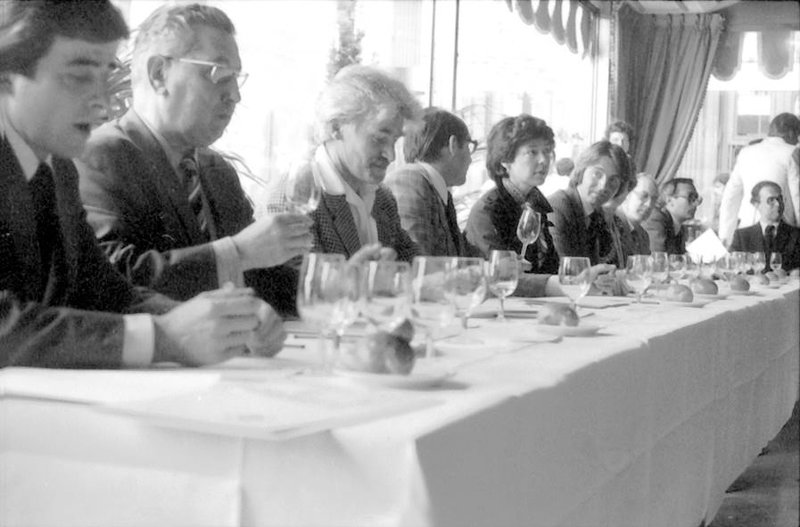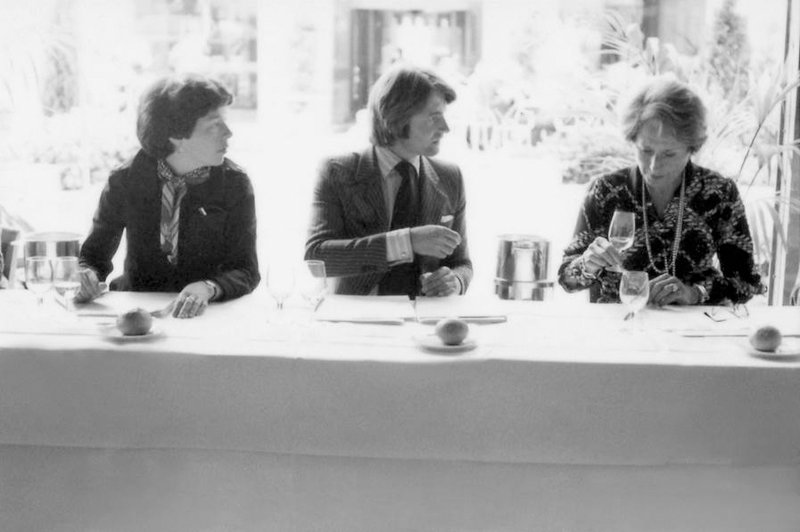In today’s society, American wine is seen as being just as tasty as French wine. Shockingly, American wine did not always have the respected reputation that it currently has. During the Prohibition, wine was cheap, too sweet, and was sold by jugs, which made it a very unpopular drink. With this poor standing, it was thought that American wines couldn’t stand a chance against any European wine in a competition.
This idea was proved incorrect on May 24, 1976. British wine merchant Steven Spurrier owned a wine shop in Paris and wanted to bring in business. He and his business associate, Patricia Gallagher, came up with the idea of a blind wine tasting to promote the new Californian wines. The best French wine tasters and connoisseurs came together for the wine tasting and were told to rank the wines accordingly.

Photo courtesy of Bella Spurrier
In this wine tasting, Spurrier had his judges taste six top California Cabernets and Chardonnays. He also added four Bordeaux wines and four white Burgundies, both from France, to add competition. The results of the tasting shocked the judges, along with Steven Spurrier himself. The American wines were ranked as being just as delicious as the French wines in both the red and white wine categories.

Photo courtesy of Bella Spurrier
The top two winning wines were a 1973 Chardonnay from Chateau Montelena and the 1973 Cabernet Sauvignon from Stag’s Leap Wine Cellars, both of which were from California. These wines made such an impact on American wine history that a bottle of each is on display at the Smithsonian’s National Museum of American History.

Photo courtesy of americanhistory.si.edu
This event, known as the Judgment of Paris, can be considered the event that forever changed American wine. American wine was the underdog in the wine industry and rose up to be considered just as delicious and worthy as many of the prestigious European wines.
When Mike Grgich, who crafted one of the American bottles of wine, was asked his opinion on the American win he said, “You don’t need French soil to make great wine.” Which is proven true by this memorable event in history.


